:surprise:
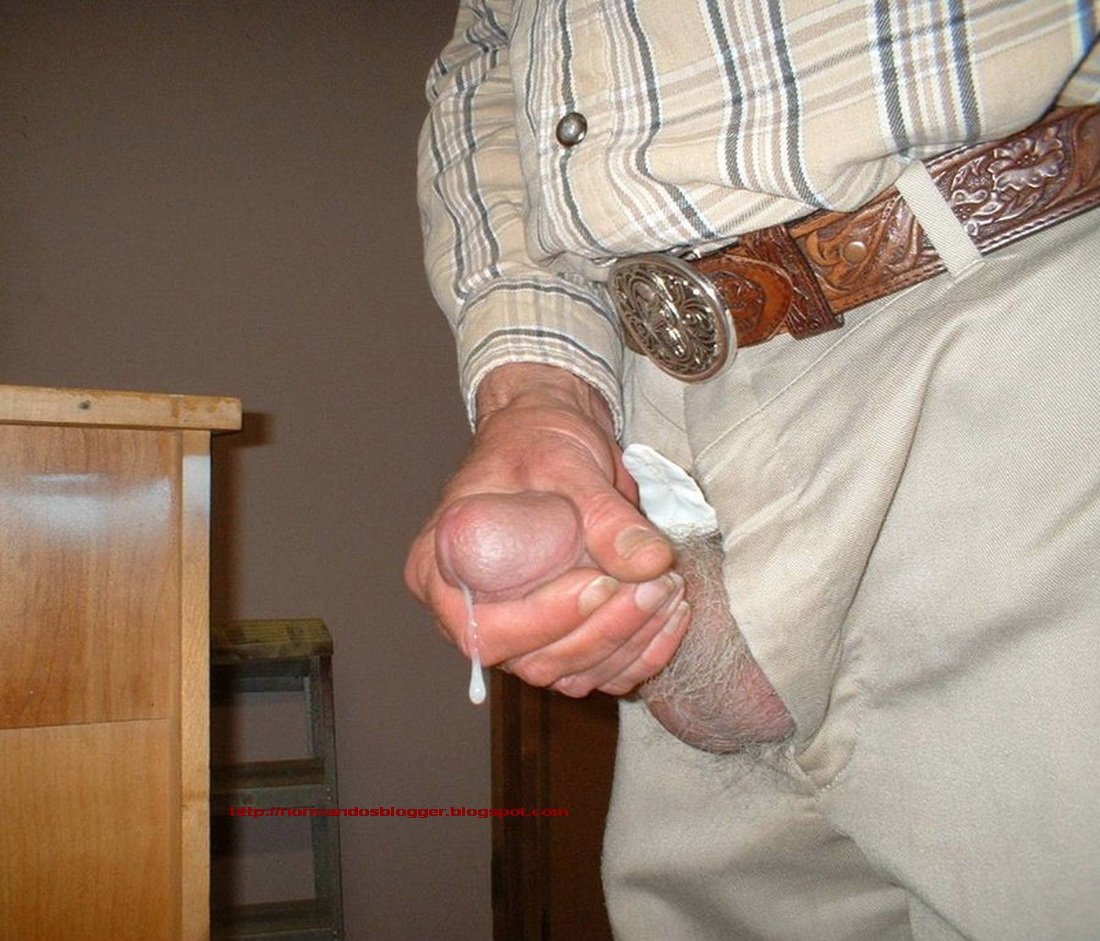
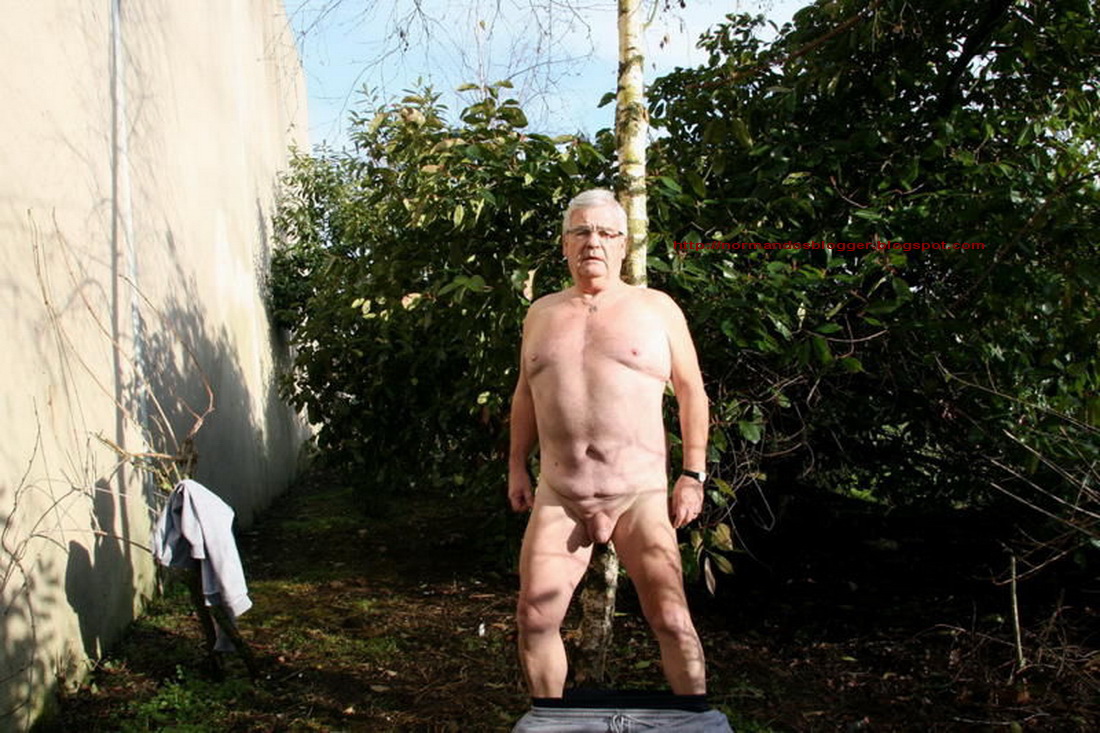

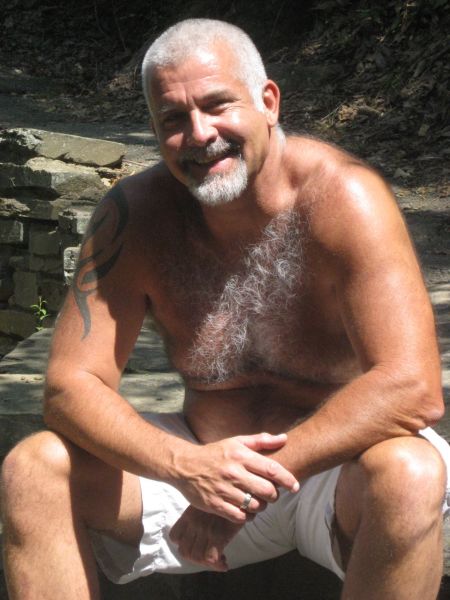
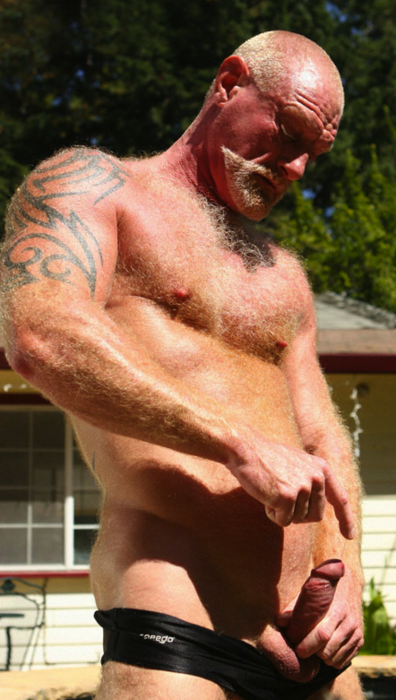
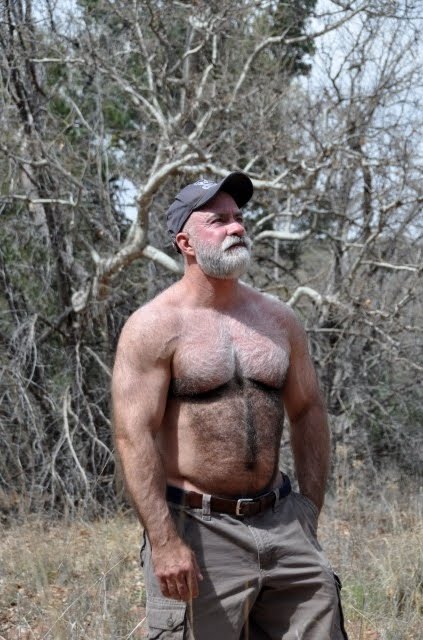
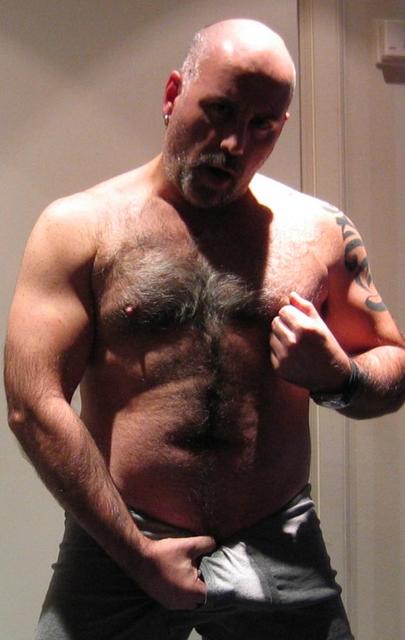
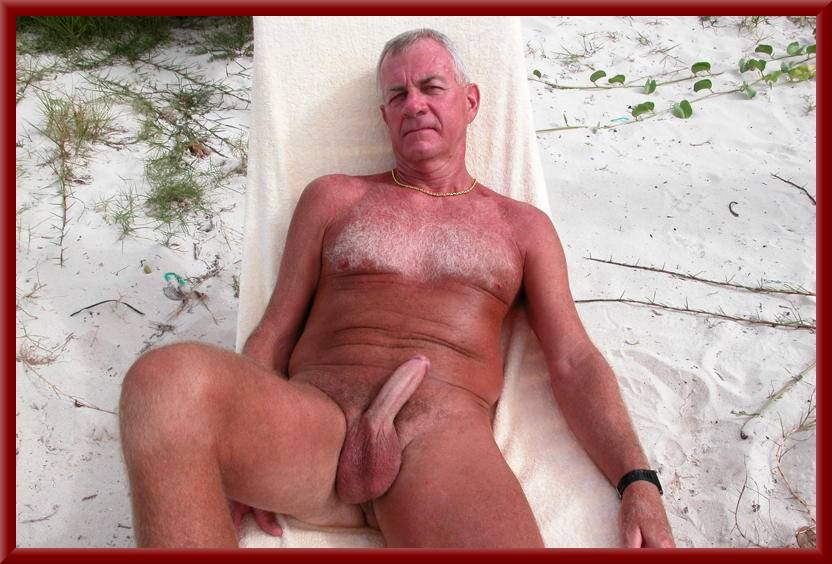
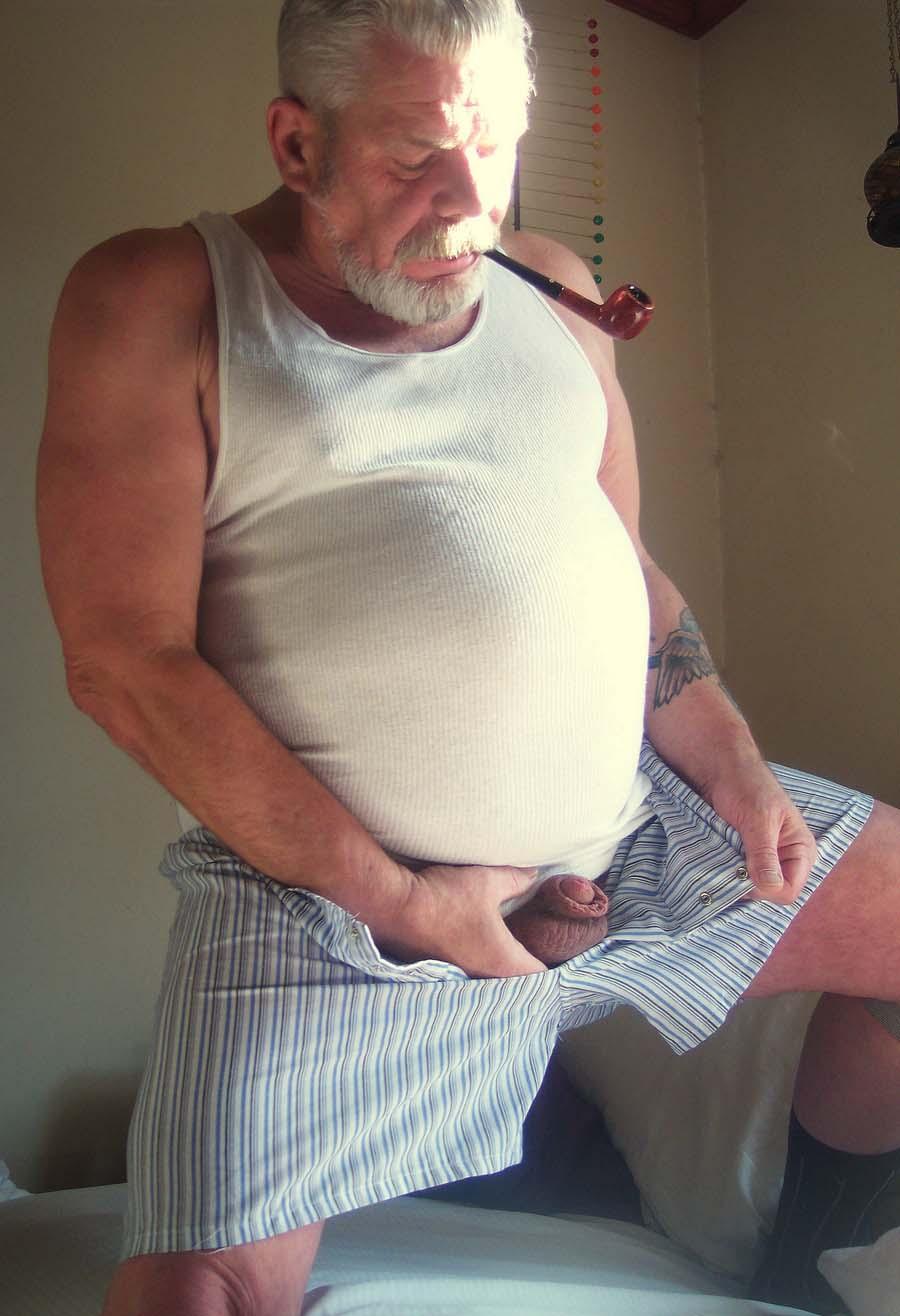
.jpg)
Truly sad news indeed. However, these are adults and I assume they are fully aware of the risks they take in doing Bareback films. Sometimes when you dance you pay the Piper.
![]()
Just got back from the ER and the good news is it was not a Heart Attack just over stimulation and very rapid Heart Beat. The Doctor's instructions were to avoid whatever activity I was involved in at the time of the onset of symptoms. Riddler you will be receiving my ER bill by mail soon !!!
Dear Michael,
Very soon, world leaders including President Obama will meet President Putin in St Petersburg, Russia. UK Prime Minister David Cameron, Brazil's President Rousseff, French President Hollande and many more will all be there for a global summit.
Imagine if just before the big meeting, tens of thousands of people gather together around the world, to speak out against Russia’s anti-gay law. That could be the headline that every world leader wakes up to.
If the Russian anti-gay law is all over the news, world leaders will feel pressure to respond with strong statements against the law. Some of them might even go the extra mile, and call on Putin to repeal the law right there at the meeting.
To make it happen, tens of thousands of people will join Global Speak Out events near them on Tues 3 September. Can you join in?
Take a look at our website to see if there is a USA event near you. If there isn't one already, perhaps you could organise your own? Our website has a handy guide to help you set up an event where you live.
Click here to get started:
hXXps://www.allout.org/russiaevents
The more events that take place in the USA and around the world, the more newspapers will report it as a huge global event, and the more likely it will be that world leaders will call on President Putin to repeal the anti-gay law.
If you’re in New York:
Can you come to No. 9 E 91st Street, New York City at 6.30pm on Tuesday 3 Sept, to join hundreds of people calling on Obama to ask President Putin to repeal the law?
Lots of different organizations and people will be going along on the day, to speak out for Russia together. If you use Facebook, click here to RSVP on the event page. You could also print out an All Out poster to take along on the day.
For the last two years, All Out members have been speaking out against the Russian government’s anti-gay crackdown and the surge in brutal murders.
We can do powerful things together when we meet up. Recently, 50 members of All Out gathered in Switzerland to hand in our 350,000 strong petition to the Olympic Committee. We also surprised Russia’s ambassador in New York, when we handed the petition to him personally at his house.
Let’s turn Tuesday 3 September into a huge day of love and hope for Russia, and push our world leaders to call on President Putin to repeal the anti-gay laws.
If you’re outside New York City, click here:
hXXps://www.allout.org/russiaevents
If you’re in New York, come to 9 E 91st Street at 6.30pm on Tues 3 Sept. RSVP here:
hXXps://www.facebook.com/events/574309395940421/
Thanks for going All Out,
Andre, Guillaume, Hayley, Jeremy, Marie, Mike, Sabelo, Tile, and the rest of the All Out team.
PS: Here’s how amazing it can be when All Out members get together - click to watch the video of the petition delivery to the Olympic Committee in Switzerland.
hXXp://www.youtube.com/watch?v=Z63b3VjJFsQ&feature=c4-overview&list=UU6tT4H2R3ip5j4xCahax8bg&t=dXNlcmlkPTExOTMyOTQxLGVtYWlsaWQ9MjIzNjA=
PPS: Results of the survey: 27,563 All Out members filled in the survey on next steps - incredible. Getting world leaders to speak out came out as the top priority. More than a third of people also said they’d be keen to go to an event, so hopefully lots of us can get along on Tues 3rd Sept.
The top answers to the question of who should we target were: Presidents, Prime Ministers, and Sports Ministers; the Olympic Committee, and global corporations. The top answers for things people would like to were: forward the petition to family and friends, send an email to get people or organisations to speak out, attend an event, and chip in a donation. The areas where All Out should most focus, top priorities were: ending laws that make it illegal to be gay, ending hate crimes, discrimination and violence, and stopping organisations that offer gay ‘cures’.
It’s not perfectly scientific, but it gives the staff team a really good idea of the direction All Out members want to go, and will help guide decisions about what to do next in the coming months. Thanks for being part of it.
Hmmm
I must say I see much more of this from Republicans in the future and the cartoon is dead accurate. They can not survive with out supporting Gay Rights and time will prove this to be the truth.
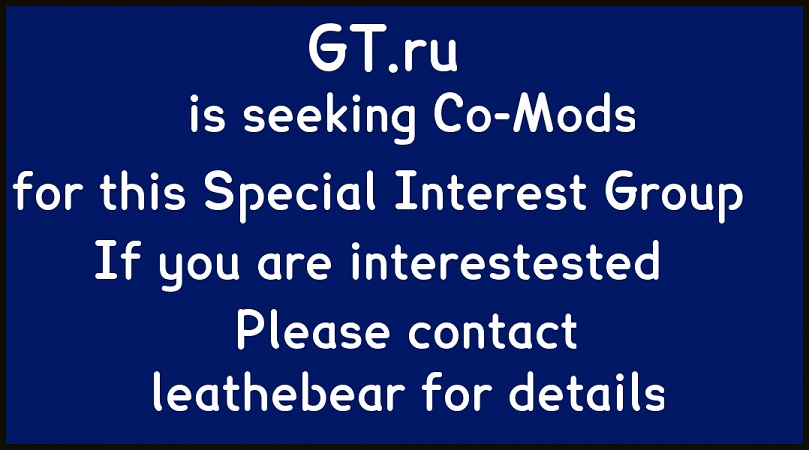
Special Interest Group Mod Job Description:
There really are only 3 requirements from my perspective:
Make at least one new post per week of new content related to the SIG.
Monitor the SIG for any violations of site rules and regulations.
Thank and encourage any members that make a post to the SIG. Even if the post is only a comment to another members post, I feel it is important to thank them for visiting your SIG and encourage them to make a post of their own with SIG related content.
This does not seem to me to be a difficult or very time consuming set of requirements to to the right member with a Passion for this topic and would like to share and interact with fellow devotees.
:cheers: I Like your version better than mine :cheers:
I had rather hoped you would at least play with the banner programs :hehe: and you did an excellent job indeed :ok2:
To Get Married In State's First Same-Sex Wedding
The Huffington Post | By Mollie Reilly
A Democratic lawmaker and her partner are set to wed in Delaware's first same-sex marriage on July 1, less than two months after the state legislature voted to legalize gay marriage.
NBC10 reports that Delaware state Sen. Karen Peterson and Victoria Bandy, her partner of 24 years, will be the first gay couple to be married in the state. The couple will be wed at the New Castle County Clerk of the Peace in Wilmington.
"It just validates our relationship, and that's the most important part of it: In the eyes of society, it gets validated," Peterson said.
Peterson, who cosponsored the state's gay marriage bill, sparked headlines last month when she came out as gay during debate on the measure in the state legislature.
“No one chose to be gay,” Peterson said, speaking publicly about her relationship with Bandy for the first time. “We are what God made us. We don't need to be fixed. We aren't broken.”
The state Senate passed the measure later that day. The bill was later signed into law by Gov. Jack Markell (D).
The Huffington Post | By Dominique Mosbergen
Celebrating the Defense of Marriage Act's demise this week, Lady Gaga took to the stage at the Gay Pride Parade's Kick-Off Rally in New York City on Friday night to express her love and allegiance to the lesbian, gay, bisexual and transgender community.
"When I was in high school and grade school and younger, I was considered to be an outcast and I just couldn’t find my place," the long-time LGBT ally said with emotion, addressing the cheering crowd. "[But] there was a particular crowd who did accept me. There was a particular crowd who made room for me at their table, who held me up when I felt I couldn’t, who loved me for exactly who I was. It was you. And to stand here equal to you tonight, it's been a dream of mine since my very first experiences with the LGBT community…" (Watch her full speech at Livestream here.) : hXXp://new.livestream.com/accounts/4557988/events/2216000
After delivering her moving speech during which she thanked the Supreme Court and all LGBT allies, Gaga – who said the queer community has "saved" her and protected her through the years -- raised a Pride flag and began belting out the National Anthem, improvising slightly as she sang.
"Oh say does that star-spangled flag of pride yet wave," she crooned to the roaring delight of those gathered.
Watch her spectacular a cappella rendition of the "Star-Spangled Banner" in the video above.
(VIDEO) @ hXXp://www.huffingtonpost.com/2013/06/29/lady-gaga-national-anthem_n_3522152.html?utm_hp_ref=gay-voices
Yahoo News
The Supreme Court's landmark rulings on same-sex marriage have energized activists and politicians on both sides of the debate. Efforts to impose bans, and to repeal them, have taken on new intensity, as have lawsuits by gays demanding the right to marry.
The court, in two 5-4 decisions Wednesday, opened the way for California to become the 13th state to legalize gay marriage, and it directed the federal government to recognize legally married same-sex couples. A federal appeals court on Friday lifted its freeze on same-sex marriages in California, saying the state is required to issue licenses to gay couples starting immediately.
But the rulings, while hailed by gay-rights activists, did not declare a nationwide right for gays to marry. Instead, they set the stage for state-by-state battles over one of America's most contentious social issues. Already, some of those battles are heating up.
In Pennsylvania, the only Northeast state that doesn't legally recognize same-sex couples, gay state Rep. Brian Sims, a Philadelphia Democrat, says he will introduce a bill to allow same-sex marriages. The bill may flounder in the GOP-led Legislature, but the issue is likely to be volatile in next year's gubernatorial race, pitting GOP Gov. Tom Corbett, an opponent of gay marriage, against any of three Democrats who favor it.
In Arizona, gay-rights supporters have begun circulating petitions aimed at repealing the state's 2008 ban on same-sex marriage by way of a ballot measure next year. With California's ban quashed, Arizona is now among 29 states with constitutional amendments that limit marriage to one-man, one-woman unions.
Gay-rights activists and Democratic politicians in several other states also hope to repeal the bans in their states — in Oregon, Ohio and Arkansas with possible ballot measures next year, and in Nevada and Michigan with referendums in 2016.
Ohio activist Ian James of FreedomOhio said his group's resolve to collect signatures "has been doubled" as a result of the Supreme Court decisions. And Oregon Gov. John Kitzhaber, a Democrat who favors repealing his state's ban, said the court action "underscores the urgency of extending the freedom to marry to all our citizens."
"Oregon has not yet lived up to the ideal of equal rights for all," Kitzhaber said.
In Indiana and West Virginia, some Republican politicians want to move in the other direction, joining the ranks of states with constitutional bans. Both states have laws that bar gays from marrying, but constitutional amendments are viewed as more durable measures that resist being overturned by litigation.
The leaders of Indiana's Republican-controlled Legislature had deferred action on an amendment during this year's session, opting to wait for the Supreme Court rulings. Now, with the backing of GOP Gov. Mike Pence, they say the Legislature will consider the ban in the session starting in January, possibly putting the question to voters later next year.
Micah Clark, executive director of the conservative American Family Association of Indiana, was pleased by that prospect.
"The future of marriage matters," he said. "And it belongs in the hands of Hoosier voters, not the courts, not Hollywood, and not the activists seeking to change it from what it is and always has been."
West Virginia, like Indiana, has a state law prohibiting gay marriages. Until now, though, it has not joined the parade of states taking a further step with a constitutional amendment. After the Supreme Court rulings, the leader of the large Republican minority in the House of Delegates suggested there is now an urgent need for an amendment,
"We don't know when someone might file a lawsuit or have some other issue come up where a judge can review that," said Tim Armstead. "We need to go to the next step."
Democratic Delegate Stephen Skinner, West Virginia's first openly gay lawmaker, disagreed. "There's really not much reason for a constitutional amendment, except to promote discrimination and promote homophobia," he said.
National gay-rights leaders expect that lawsuits seeking to expand gay marriage rights will eventually bring the issue back to the Supreme Court in a quest for a ruling that would establish a 50-state policy.
Lawsuits already are pending in a number of states. Some of those involved were heartened by the rulings.
"What this does is establish very, very powerful precedents that we will be able to use in our case," said Mark Lawrence of Restore Our Humanity, which is backing a legal challenge by three same-sex couples to a ban approved by Utah voters in 2004.
Michigan's constitutional ban, also approved in 2004, is the target of a pending lawsuit by Detroit-area nurses April DeBoer and Jayne Rowse seeking a right to jointly adopt each other's children. The federal judge hearing the case had been waiting for the Supreme Court before issuing a judgment.
In New Mexico, two gay men from Santa Fe asked the state Supreme Court on Thursday to decide whether same-sex marriage is legal. The lawsuit contends that denying marriage licenses to same-sex couples violates the state constitution, including provisions prohibiting gender-based discrimination and guaranteeing equal protection under the law.
New Mexico is one of only five states — along with West Virginia, Pennsylvania, Wyoming and Indiana — that has neither extended legal recognition to gay couples nor enacted a ban-gay-marriage constitutional amendment. There also is litigation in three states offering civil unions to gay couples, providing the rights and responsibilities of marriage but not extending that title.
In New Jersey, one lawsuit contends that civil unions do not fulfill a state Supreme Court mandate from 2006 that gay couples receive equal treatment to married heterosexual couples. The plaintiffs say they will soon file a motion arguing that, in light of the Supreme Court ruling, the only thing that is keeping the couples from equal treatment is the state law.
New Jersey's Democratic-majority Legislature passed a bill last year to legalize gay marriage, but it was vetoed by Republican Gov. Chris Christie. He says the matter should be decided in a referendum.
"There is no longer any excuse to delay," said Troy Stevenson of the gay-rights group Garden State Equality. "It is as immoral as it is impractical to force any New Jersey family to be stripped of critical economic and legal protections every time they cross the Hudson or Delaware Rivers."
Hawaii's civil union law, adopted in 2011, is being challenged in federal court by two women who want to marry rather than enter into a civil union. Democratic Gov. Neil Abercrombie, who supports a right to same-sex marriage, says the Supreme Court ruling on federal benefits for same-sex couples bolsters his argument.
Illinois also allowed civil unions in 2011, but efforts to legalize same-sex marriage in the recently ended legislative session fell short. The sponsor of the measure, Democratic Rep. Greg Harris, said the Supreme Court rulings should bolster efforts to revive the bill in the fall session.
Meanwhile, gay-rights lawyers are pressing ahead with a lawsuit on behalf of more than two dozen same-sex couples who were denied marriage licenses in Cook County. The suit also challenges an Illinois law that defines marriage as between a man and woman.
Gay-rights activists in some conservative states say there is no near-term prospect for softening their states' gay-marriage bans, and they're looking toward a more incremental approach.
In states such as Georgia, Idaho and Louisiana, these efforts include lobbying for local and statewide anti-discrimination laws that would extend protections to gays and lesbians.
In Wisconsin, a state that has tilted Democratic in national elections, Republicans now hold power at the Statehouse, and there's little discussion by gay-rights supporters of mounting an effort to repeal the gay-marriage ban approved by voters in 2006.
Instead, gay-rights activists there are trying to defeat a conservative group's lawsuit challenging a 2009 domestic partnership law that ended some legal rights to same-sex couples.
Wyoming has no constitutional ban on same-sex marriage, but proposals to permit civil unions and to ban discrimination against gays died in the latest legislative session.
State Rep. Cathy Connolly, the openly lesbian Democrat who sponsored those bills, says Wyoming's strong libertarian streak might be conducive to a legalization of same-sex marriage at some point in the future.
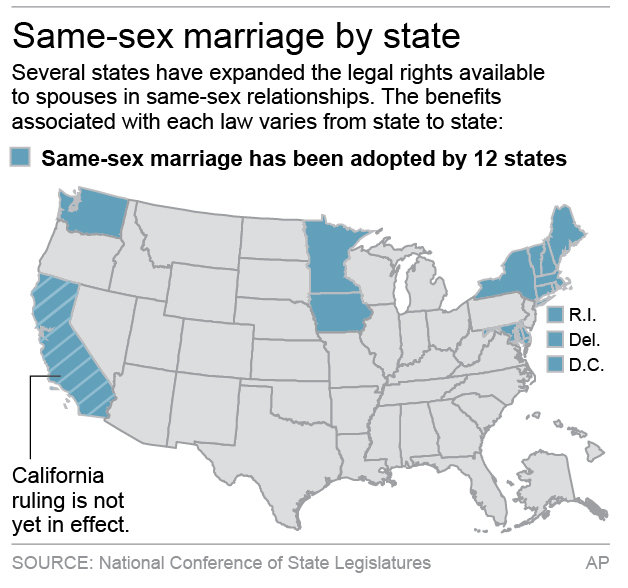
Associated Press writers Cristina Silva in Phoenix, Tom LoBianco in Indianapolis, Nigel Duara in Portland, Ore., Matt Moore in Philadelphia, Larry Messina in Charleston, W.Va., and other AP reporters nationwide contributed to this report.

The contrasting images on the news this week could not have been more stark: On the steps of the Supreme Court, supporters of gay marriage celebrated two victories – and a new sense of momentum.
But in Texas, abortion rights were under siege in the state legislature, as Gov. Rick Perry (R) sought to join the wave of states imposing sweeping restrictions on the procedure. The effort failed, with a dramatic filibuster, but he’ll try again Monday.
What’s going on?
The “values” issues that used to move in lock step in American opinion have been “decoupled,” say experts on public attitudes. Public opinion on abortion has held remarkably constant in the last 30 years. But on gay marriage, acceptance has grown dramatically in just 10 years – most notably among young evangelical Protestants.
“Gay rights and abortion were the heart of the culture war debate for years, and we talked about them synonymously,” says Daniel Cox, research director at the Public Religion Research Institute (PRRI) in Washington. “That’s changing.”
For now, there’s little overlap between states that have legalized gay marriage or may get there in the next few years (all of them Democratic or battleground states) and states that are cracking down on abortion (most of them solidly Republican). These divergent social trends are producing a nation that is, more than ever, a cultural patchwork.
But that could change, at least on gay marriage, given the generational differences in opinion. A March poll by PRRI shows nearly a 40-point generation gap between Millennials (age 18 to 29) and seniors (65 and older) on the issue of same-sex marriage. Seventy-two percent of Millennials favor it, compared with 36 percent of seniors.
Even among white Millennial evangelical Protestants, a majority – 52 percent – support gay marriage. Among all white evangelicals, 24 percent favor the right to same-sex marriage. So on this issue, Mr. Cox points out, young white evangelical Protestants more closely resemble those in their age cohort than their coreligionists.
“It often comes down to personal experience,” says Cox. “Young people are more likely to have friends or family who are gay or lesbian, and that has a profound impact on attitudes about that issue – it trumps ideology and theology.”
Of course, Americans of all ages have grown more comfortable with homosexuality, as gays and lesbians have become more open about their identity, and about pressing for the same rights as heterosexual couples and families.
It’s no accident that conservatives with gay family members have been among the first prominent Republicans to endorse the right to same-sex marriage, such as former Vice President Dick Cheney and Sen. Rob Portman (R) of Ohio.
Societal experience with gay marriage in the 10 years since Massachusetts became the first state to legalize it has also helped build support.
“There was a traditional argument that the law had to defend marriage or terrible things would happen,” says John Green, director of the Ray C. Bliss Institute of Applied Politics at the University of Akron. “Apparently, really terrible things haven’t happened.”
Hollywood has also helped, with sympathetic depictions of gay relationships and families that are now commonplace.
Defenders of traditional marriage say that gay relationships are unnatural – or sinful, in the eyes of some – and should not be granted societal sanction. Children need a mother and father, they say.
Tony Perkins, president of the Family Research Council in Washington, suggests it’s too soon to conclude that same-sex marriage won’t be harmful to society.
“As the American people are given time to experience the actual consequences of redefining marriage, the public debate and opposition to the redefinition of natural marriage will undoubtedly intensify,” Mr. Perkins says.
Time will tell. But there’s no doubt that it’s easier to argue the downside to abortion, which sets up a “clash of absolutes,” as legal scholar Laurence Tribe puts it – the woman’s rights versus the rights of the fetus, which grow as a pregnancy progresses.
“With abortion, there seems to be evident harm,” says Mr. Green. “Even people who are prochoice and don’t believe life begins at conception recognize there’s a consequence to abortion.”
And so while it’s possible to foresee a day when gay marriage is largely uncontroversial, the same can’t be said for abortion. That element of the culture war appears to be here to stay.
The LGBT community has a lot to celebrate this week, thanks to two landmark Supreme Court rulings in favor of same-sex marriage and the beginning of Pride Month. As part of the celebration, YouTube has started highlighting inspirational videos, and it has even created one of its own. The YouTube video is a compilation of moving moments that include people coming out to family members, marriage proposals and historic events during the gay rights movement.
YouTube has titled its celebratory collection of videos "Show Your Pride," and the website is encouraging others to do just that by using the hashtag #ProudToLove. Although the video came out just one day after the Supreme Court's decisions on DOMA and Proposition 8, YouTube says that its project's timing was just a coincidence: "We had always planned to launch #ProudToLove to coincide with the gay pride parades and celebrations in San Francisco, New York, London, Paris and other cities around the world during the weekend of June 28 to 30." A spokesman added, "Our hope is that people will share the #ProudToLove video with their loved ones and upload videos about what, why or who they're proud to love, too."
The video was uploaded Thursday and already has surpassed half a million views.
Yahoo!'s The Weekly Flickr is also encouraging people to upload pictures of their #ProudToLove moments to our Flickr group.
hXXps://www.youtube.com/watch?feature=player_embedded&v=mDm0zsw9vjY
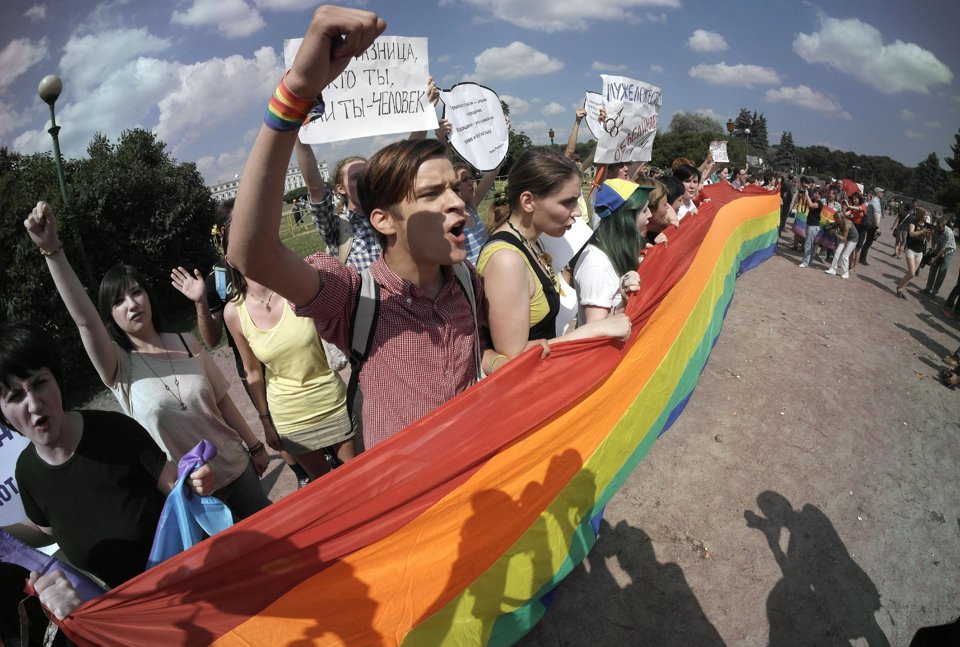
Yahoo News
MOSCOW (AP) — Russian police arrested several gay rights activists and Russian nationalists who confronted them at a rally Saturday that was declared illegal under a new law against "gay propaganda."
Officials in St. Petersburg deemed that the rally, which took place in a space designated for public demonstrations, violated the law. The statute essentially prohibits public displays of homosexuality, as well as talking about it to children.
About 200 nationalists also gathered at the rally, chanting slogans such as "Sodomy will not pass," and throwing eggs and rocks at the gay-rights activists, who numbered about 40.
The state-run Itar-TASS news agency quoted an unnamed police official as saying police arrested dozens of people, including eight nationalists.
The official said city authorities banned the rally beforehand for violating the "gay propaganda" law, even though using the space does not require the prior approval of city authorities, unlike other public rallies.
Russia's parliament passed a law banning "gay propaganda" earlier this month. St. Petersburg was one of several cities to pass similar laws at local level before that.
The federal law imposes hefty fines for providing information about the lesbian, gay, bisexual and transgender community to minors or holding gay pride rallies. Those breaking the law will be fined up to 5,000 rubles ($156) for an individual and up to 1 million rubles ($31,000) for a company, including media organizations.
Gay-rights activists have staged several events aimed at violating the law in media-friendly ways. On Friday, three gay and two lesbian couples attempted to marry at a registry office in St. Petersburg, but were refused by authorities.
A widespread hostility to homosexuality is shared by much of Russia's elite. Lawmakers have accused gays of decreasing Russia's already low birth rates and said they should be barred from government jobs, undergo forced medical treatment or be exiled.